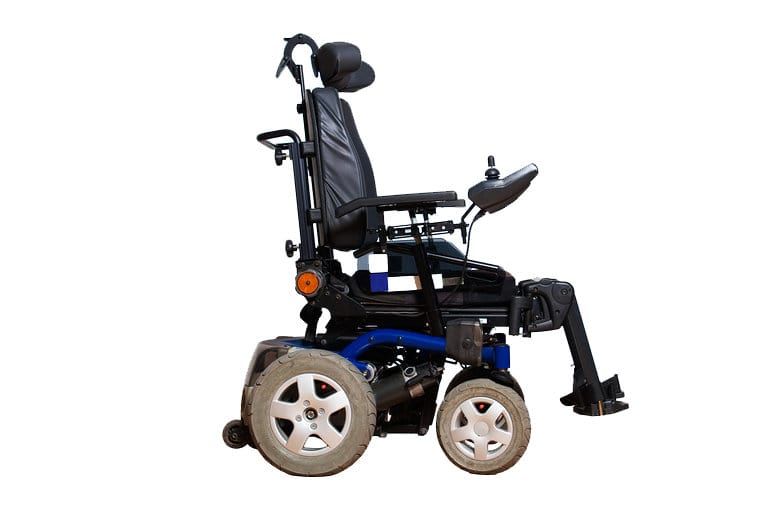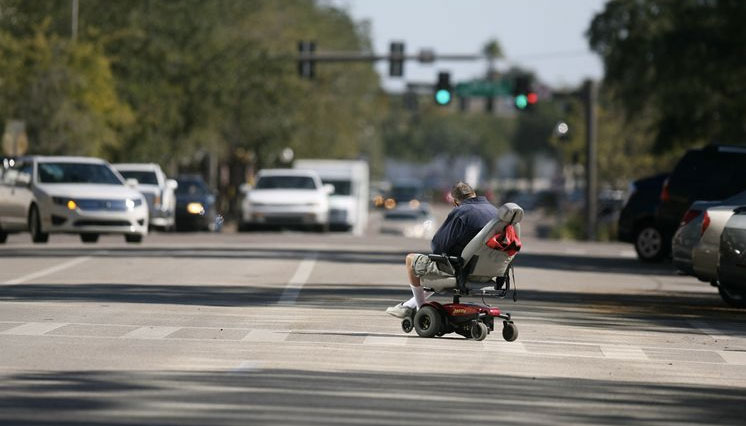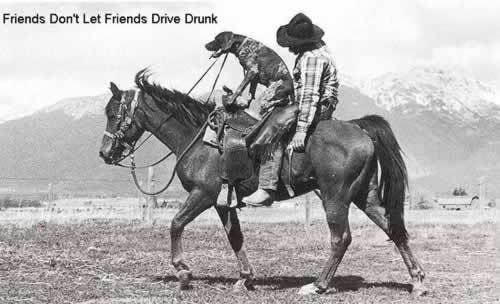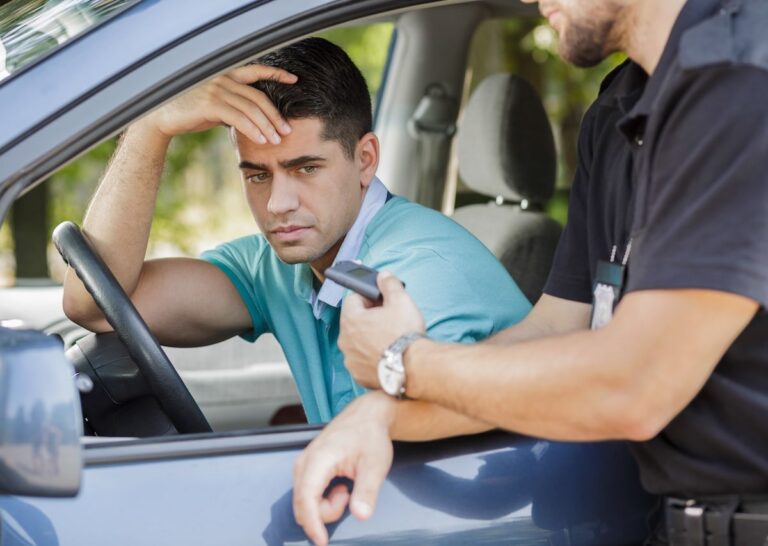Can You Get a Dui on a Motorized Wheelchair
Yes, it is possible to get a DUI on a motorized wheelchair. Though it may seem like an unlikely scenario, there have been cases where people have been arrested for DUI while operating a motorized wheelchair. In most cases, the person was found to be impaired by alcohol or drugs and was unable to safely operate the wheelchair.
If you are caught driving a motorized wheelchair while under the influence of alcohol or drugs, you can face serious penalties including jail time and hefty fines.
- Get a motorized wheelchair
- Attach a breathalyzer to the wheelchair
- Drink until the breathalyzer registers a blood alcohol content (BAC) of 0
- 08 or higher
- Drive the wheelchair on a public road or highway
Can You Get a Dui on a Mobility Scooter
In short, yes – you can absolutely get a DUI on a mobility scooter. In fact, there have been several high-profile cases in recent years of people being arrested for drunk driving while operating these types of vehicles. While it may seem like a harmless activity, operating a mobility scooter while under the influence of alcohol or drugs is extremely dangerous and can put yourself and others at risk.
If you are caught driving impaired on a mobility scooter, you will likely face the same penalties as if you were caught driving under the influence in a car, including jail time, fines, and license suspension. So if you’re planning on hitting the town on your mobility scooter, be sure to do so responsibly!

Credit: www.lifesafer.com
Can You Operate a Wheelchair Drunk?
No, you cannot operate a wheelchair drunk. Alcohol impairs your ability to make sound decisions and react quickly to changes in your environment, both of which are essential for operating a wheelchair safely. Additionally, alcohol can cause dizziness and loss of balance, making it even more difficult to control a wheelchair.
If you must drink alcohol, be sure to have someone else operate your wheelchair for you.
Can You Get a Dui on a Jazzy Scooter?
Yes, you can get a DUI on a Jazzy scooter. While it may not be as common as getting a DUI in a car, it is still possible to be charged with driving under the influence while operating a Jazzy scooter. There are a few factors that can contribute to this, such as how much alcohol you have consumed, your blood alcohol content (BAC), and whether or not you are impaired while operating the scooter.
If you are found to be impaired while operating a Jazzy scooter, you can be charged with a DUI.
Can You Get a Dui on a Horse in Minnesota?
Yes, you can get a DUI on a horse in Minnesota. While it may seem like an unusual situation, it is possible to be charged with driving under the influence while operating a horse-drawn vehicle. In fact, Minnesota law specifically states that “a person operating or in control of any vehicle drawn by a horse or other animal” can be charged with DUI if they are found to be impaired.
So, if you’re planning on hitting the trails on horseback this summer, make sure to do so responsibly. And if you do find yourself facing a DUI charge while on horseback, know that you have options and defenses available to you.
Can You Get a Dui on a Horse in Illinois?
Yes, you can get a DUI on a horse in Illinois. Illinois law defines a “vehicle” as “every device, including a horse-drawn vehicle, propelled by any means other than muscular power,” meaning that you can be charged with DUI if you’re caught operating a horse-drawn vehicle while intoxicated. If convicted, you could face penalties including fines, jail time, and the suspension of your driver’s license.
Can you get a DUI in a wheelchair?
Conclusion
In short, yes – you can get a DUI on a motorized wheelchair. If you are caught operating one under the influence of drugs or alcohol, you can be charged with a DUI. The consequences for doing so can be severe, including jail time, fines, and the loss of your license.
If you are caught driving a motorized wheelchair while intoxicated, please exercise caution and contact an attorney if necessary.






